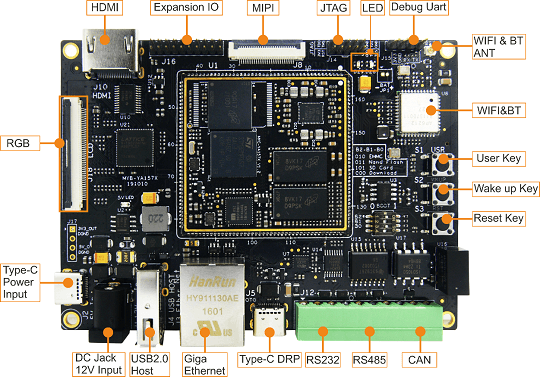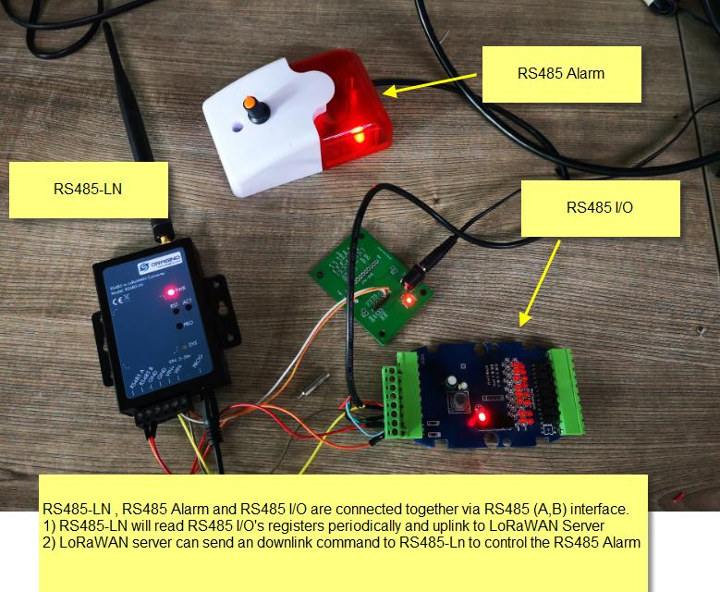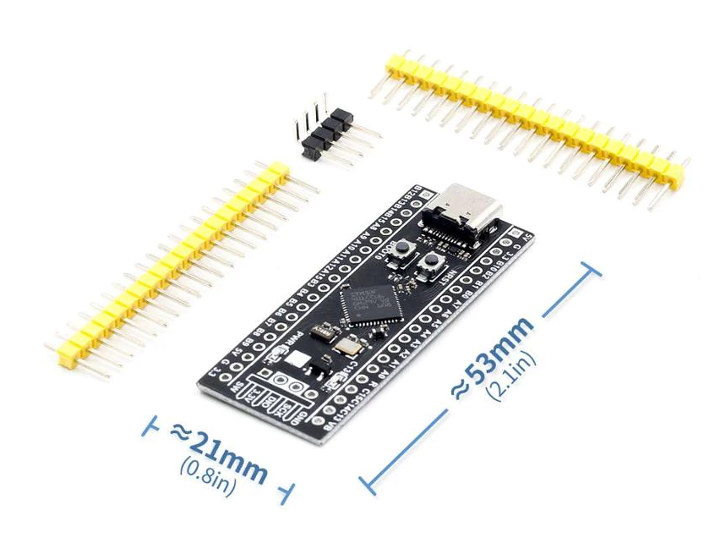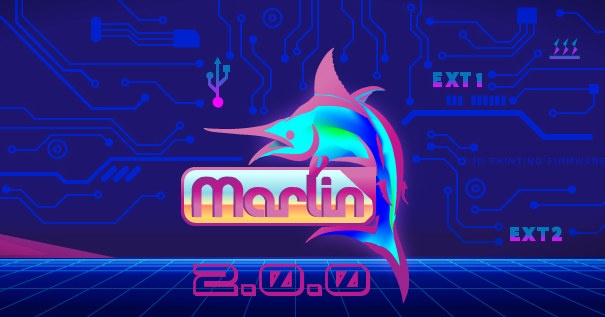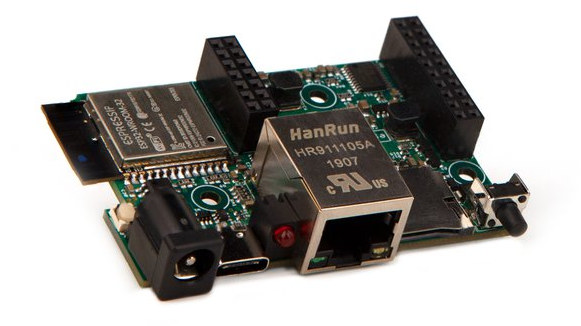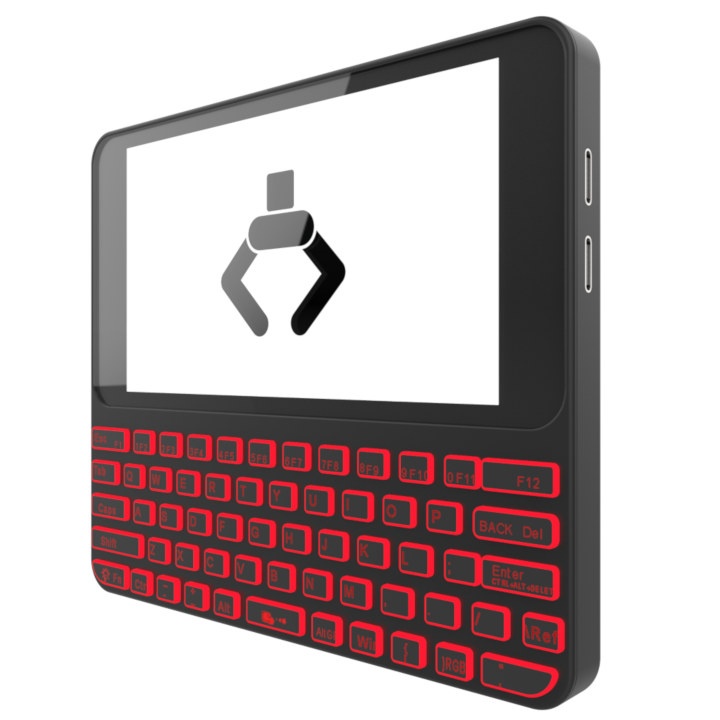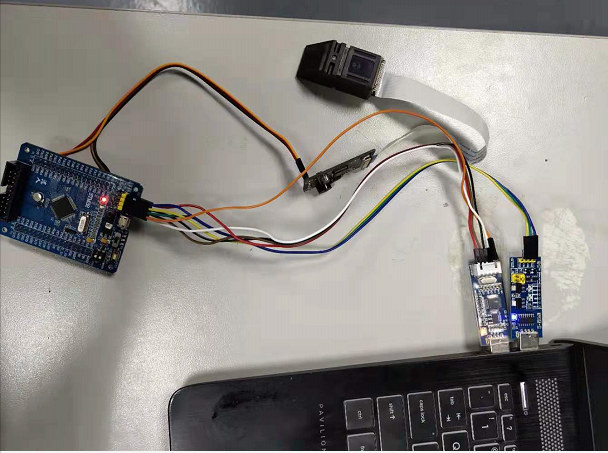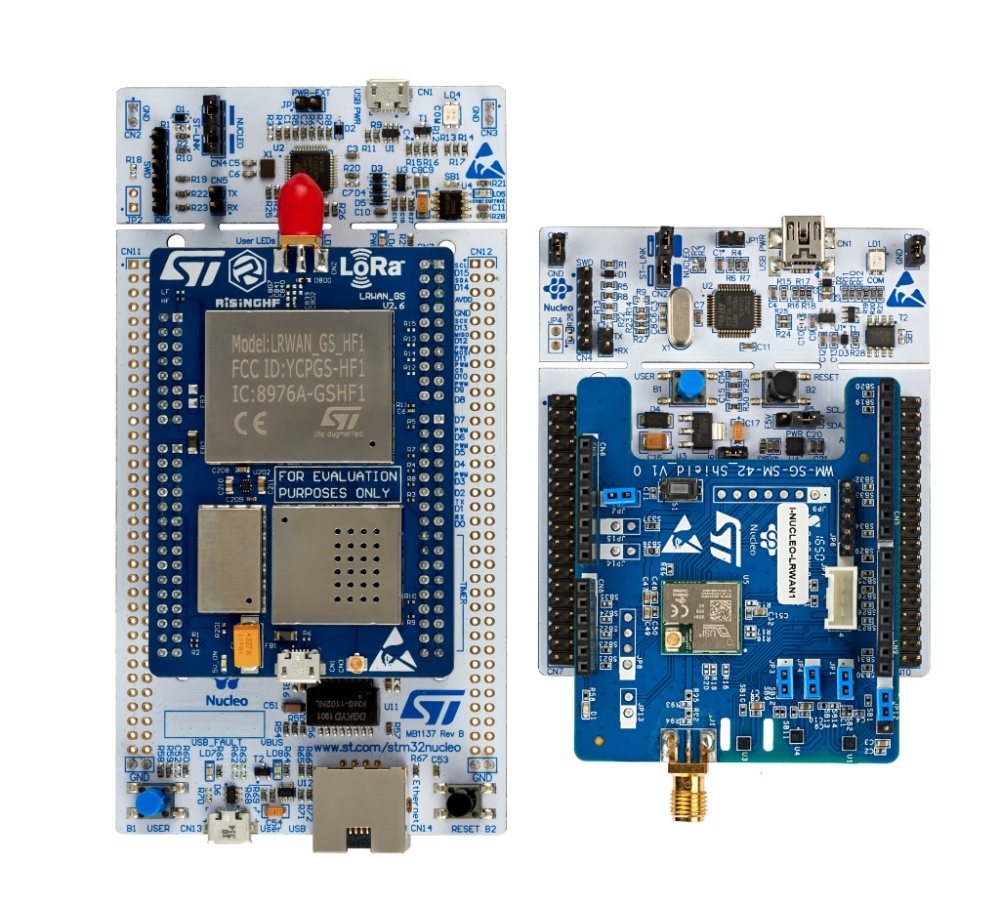MYIR, the Chinese based company that has developed several ARM-based hardware solutions, has introduced a new SoM powered by the ST’s STM32MP1 microprocessor called the MYC-YA157C CPU Module with an accompanying development board known as the MYD-YA157C development board. Early last year, STMicro announced the introduction of the STM32MP1, the first STM32 MPU (Microprocessor Unit) that features one or two Arm Cortex-A7 cores running Linux, as well as an Arm Cortex-M4 real-time core making it possible to use previous STM32 codes on the new unit. Although, less than 1-year-old, the STM32MP1 microprocessor has since be deployed on a couple of development boards like the STMicro’s own discovery kits and evaluation platform, Emtrion emSBC-Argon, PanGu single-board computer, and even octavo systems unveiled the OSD32MP15x system-in-package. One primary observation with these other developments boards is their relatively steep cost, and something MYIR aims to address. MYiR MYC-YA157C STM32MP1 CPU Module The MYC-YA157C […]
Dragino RS485-LN Brings LoRaWAN Connectivity to RS485 Sensors
RS485 sensor nodes are often used in smart agriculture, environment monitoring, or factory & building automation and work up to 1.2 km when using AWG 18 cables. If you already have such nodes but need to extend the distance, or would like to reduce the need for long cables, you could make use of Dragino RS485-LN RS485 to LoRaWAN converter which will work up to 10+ kilometers depending on conditions. Dragino RS485-LN key features & specifications: MCU – STMicro STM32L072CZT6 Arm Cortex-M0+ microcontroller MCU @ 32 MHz with 192 KB Flash, 6 KB EEPROM, 20 KB RAM Connectivity LoRaWAN Via SX1276 LoRa transceiver Frequency Range: Band 1 (HF): 862 ~ 1020 MHz Band 2 (LF): 410 ~ 528 MHz Bands – CN470/EU433/KR920/US915/EU868/AS923/AU915/IN86/RU864 168 dB maximum link budget. +20 dBm – 100 mW constant RF output Programmable bit rate up to 300 kbps. High sensitivity: down to -148 dBm. RS485 to […]
$3 STM32 “Black Pill” Board Features STM32F4 Cortex-M4 MCU, Optional SPI Flash
STM32 “Blue Pill” is a popular, and cheap (>$2) development board based on STMicro STM32F103C8T6 Arm Cortex-M3 microcontroller and programmable with the Arduino IDE. I’ve just been informed the board got an upgrade of sorts with a “Blue Pill 2” board featuring either STM32F401CCU6 or STM32F411CEU6 Arm Cortex-M4F microcontroller, and a USB Type-C port for power and programming. It’s black, so instead, I’ll call Black Bill as some others appear to do. Specifications for the Blue Pill & Black Pill boards (new features in bold): MCU (one of the other) STMicro STM32F103C8T6 ARM Cortex-M3 MCU @ 72 MHz with 64KB flash memory, 20KB SRAM. STMicro STM32F401CCU6 Arm Cortex-M4F MCU @ 84 MHz with 256 KB flash, 64KB SRAM STMicro STM32F411CEU6 Arm Cortex-M4F MCU @ 100 MHz with 512KB flash, 128KB SRAM Storage – Footprint for SPI flash USB Blue Pill – 1x micro USB port for power and programming Black […]
Marlin 2.0 Open Source 3D Printer Firmware Finally Released
Back in June, we wrote about Marlin 2.0 firmware supporting ESP32 3D printer board, but at the time the firmware was still in RC1 (Release Candidate) phase. I was informed Marlin 2.0 firmware had been in beta for several years now, but the good news is that Marlin 2.0.0 open-source 3D printer firmware has now been officially released. Some of Marlin 2.0.0 new features include: 32-bit support with several boards including Arduino DUE (SAM3X8E), Adafruit Grand Central (SAM5D), Smoothie / SBASE / EZBoard based on NXP LPC176x, SKR Mini powered by STM32, as well as ESP32 boards Some improvements were made to some AVR boards including Melzi (ATmega 1280), RAMPS (ATmega 2560), and RAMBo / miniRAMBo / Einsy RAMBo boards PlatformIO build environments for supported boards VSCode “Auto Build Marlin” extension for one-click build Power-Loss Recovery for SD print jobs Magnetic Parking Extruder support Magnetic Switching Toolhead and Toolchanger support […]
esp32MX-E ESP32 Board Comes with Ethernet and USB-C Ports (Crowdfunding)
We’ve already covered several ESP32 boards with Ethernet including Olimex ESP32-GATEWAY and Silicognition wESP32, and I’ve just noticed Espressif also made its own with ESP32-Ethernet-Kit. Modtronix Engineering has another take with esp32MX-E board that beside Ethernet also exposes a USB-C port, a MicroSD card slot, and also adds an STM32F0 microcontroller acting as an I2C I/O expander. esp32MX-E specifications: Wireless Module ESP32 dual-core LX6 microprocessor at 160 or 240 MHz, 4 MB Flash, 520 KB SRAM Wi-Fi 4 802.11 b/g/n Bluetooth 4.2 BR/EDR & BLE Storage – MicroSD card slot USB – USB Type-C connector for programming, power, and Virtual COM port Expansion via 14-pin and 20-pin female headers 22x I/O pins of which 4 are inputs only. 4x 5 V tolerant I/O pins Not all I/Os are available when the SD Card is used Programmable pull-up and pull-down resistors on most inputs Secondary MCU – I²C I/O expander implemented […]
Pocket Popcorn Computer Handheld Linux Computer Looks Like an Improved, Faster PocketCHIP (Crowdfunding)
PocketCHIP was a Linux handheld computer powered by Allwinner R8/GR8 Cortex-A8 based CHIP board. The battery-powered device came with a small resistive display, 512 MB RAM, 4GB NAND flash, and a keyboard allowing to run Debian with PICO8 GUI so you could play retro games, access the terminal and so on. But since Next Thing Co folded last year the products are not available anymore. Since the designs were open source, Source Parts first tried to resurrect the board via their slightly modified Popcorn Computer but the Kickstarter campaign was unsuccessful. The company is now attempting to bring back PocketCHIP (sort of) with Pocket Popcorn Computer (abbreviated as Pocket P.C.) with a new design, and a much more powerful quad-core Cortex-A53 processor and overall better specs. Pocket Popcorn Computer specifications: SoC – Allwinner A64 quad-core Arm Cortex-A53 CPU with Arm Mali-400MP2 GPU System Memory – 2GB DDR3 RAM Storage – […]
Fingerprint Identification with STM32 MCU and Serial TFT LCD Module
CNXSoft: This is a guest post by Amy working for STONE Technology, a company specializing in industrial liquid crystal display modules This month, I planned to develop a fingerprint door lock project. When I selected the fingerprint identification module, the project was suspended. However, I thought that since the fingerprint identification module had been purchased, I would simply test it. This fingerprint module can be easily purchased online, connected over UART to an MCU board. It supports fingerprint scanning, fingerprint entry, fingerprint comparison, and fingerprint deletion. Since the fingerprint module manufacturer provides a demo program for STM32F103 series microcontrollers, I bought a small development board based on STM32F103C8T6. The demo program of the fingerprint module uses LED lights to prompt the user to enter the fingerprint and compare the status (success or failure). But I want to use an LCD display, so I chose a 480×272 resolution serial LCD display. […]
STMicroelectronics Introduces Affordable LoRa Development Packs For All User Types
STMicroelectronics has recently announced the launch of a new set of LoRa Development packs, which are not only affordable, but they are aiming to a large pool of users from big organizations, small companies, hackers, engineers, students, and hobbyists. The ready-to-use development packs are aimed for applications bent on leveraging LoRa ’s long-range, low-power wireless IoT connectivity for tracking, positioning, metering, and many related applications. STMicroelectronics is releasing the P-NUCLEO-LRWAN2 pack and P-NUCLEO-LRWAN3 pack. Both packs provide a complete LoRaWAN development kit, and they include gateways, end-nodes, and ST tools, which are all based on the STM32 Nucleo evaluation boards. The LoRa gateway on both packs is based on the STM32 Nucleo-144 development board, NUCLEO-F746ZG. The STM32 Nucleo-144 development board with STM32F746ZG MCU supports Arduino, ST Zio, and Morpho connectivity. The Gateway header pins are exposed out to facilitate more development, and they support interfacing with LoRaWAN network-server providers LORIOT, Actility, myDevices Cayenne for LoRa […]


